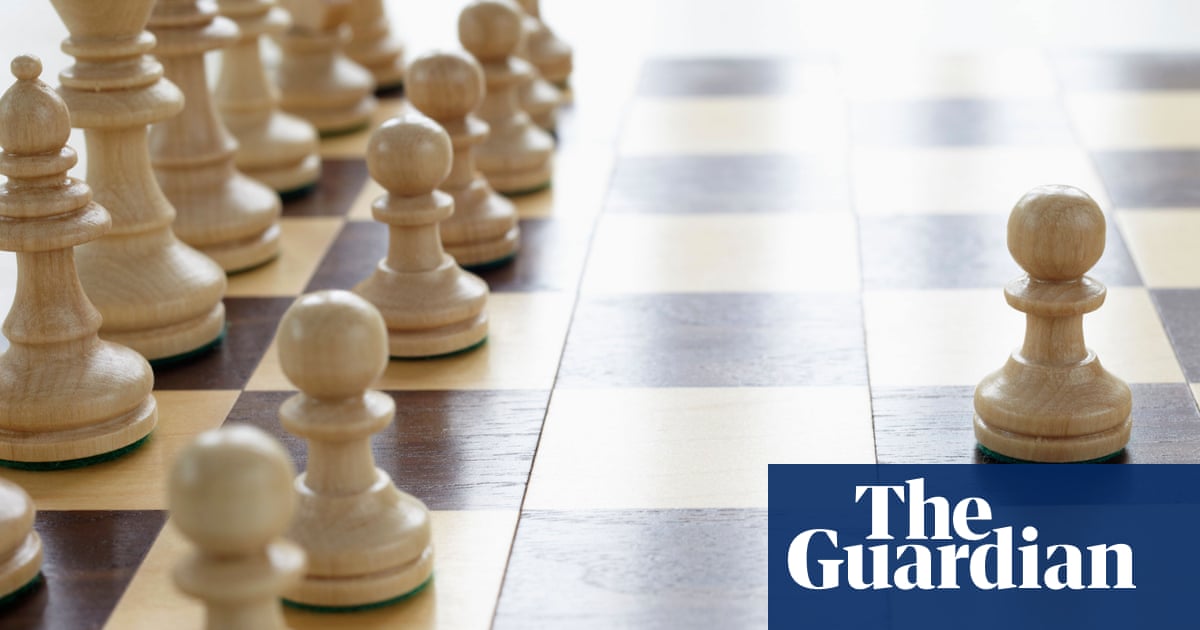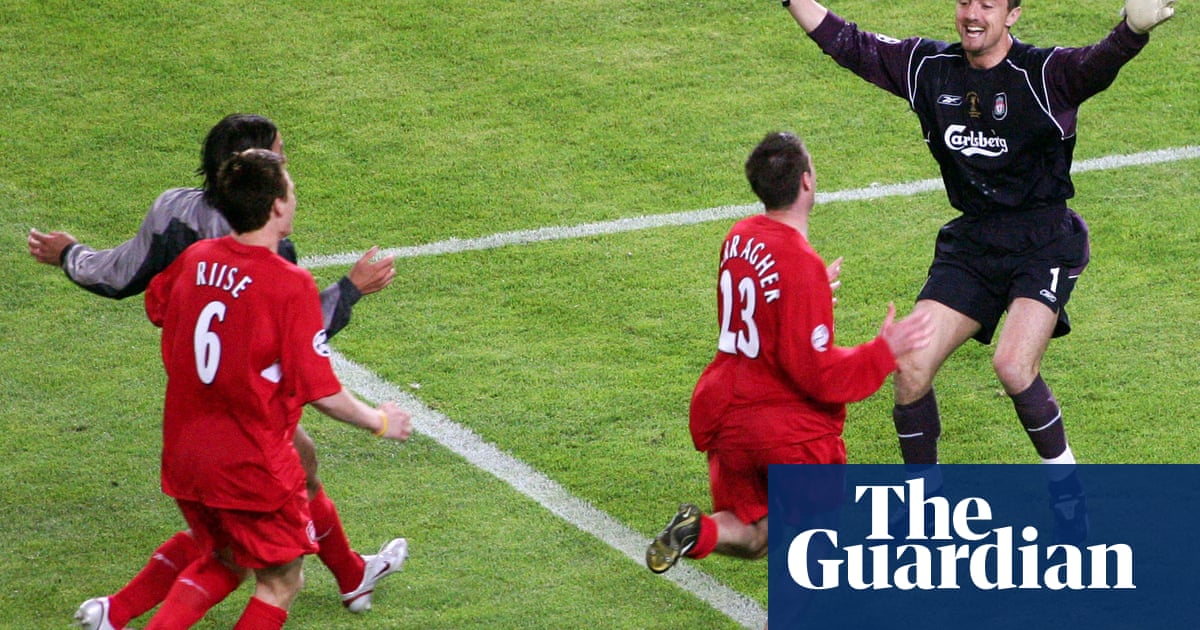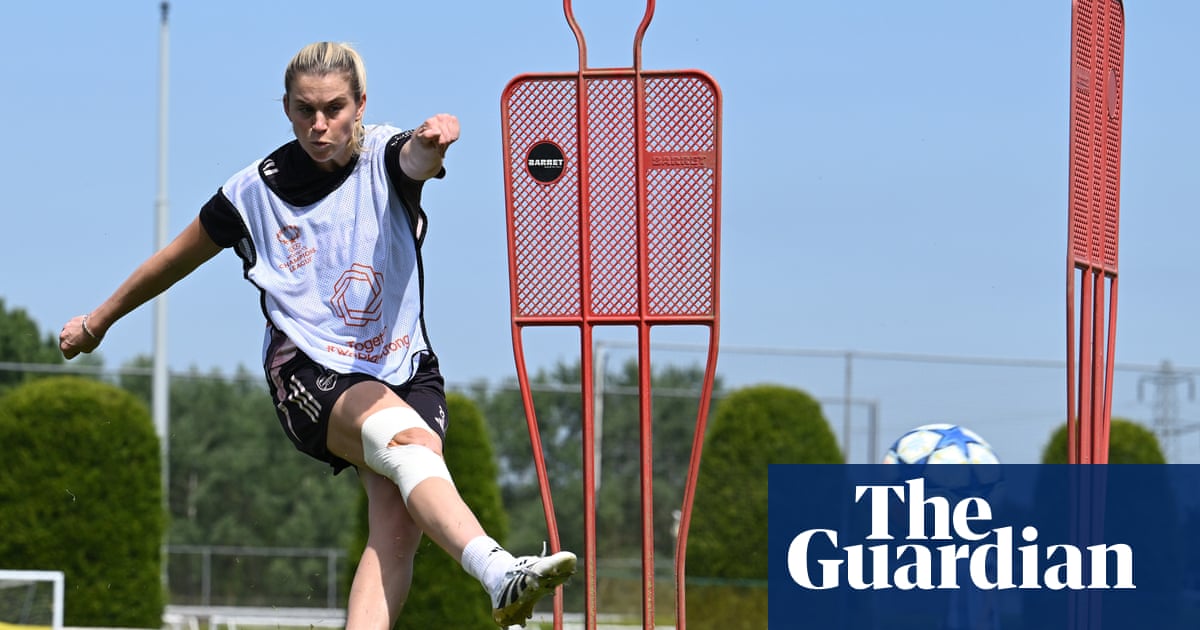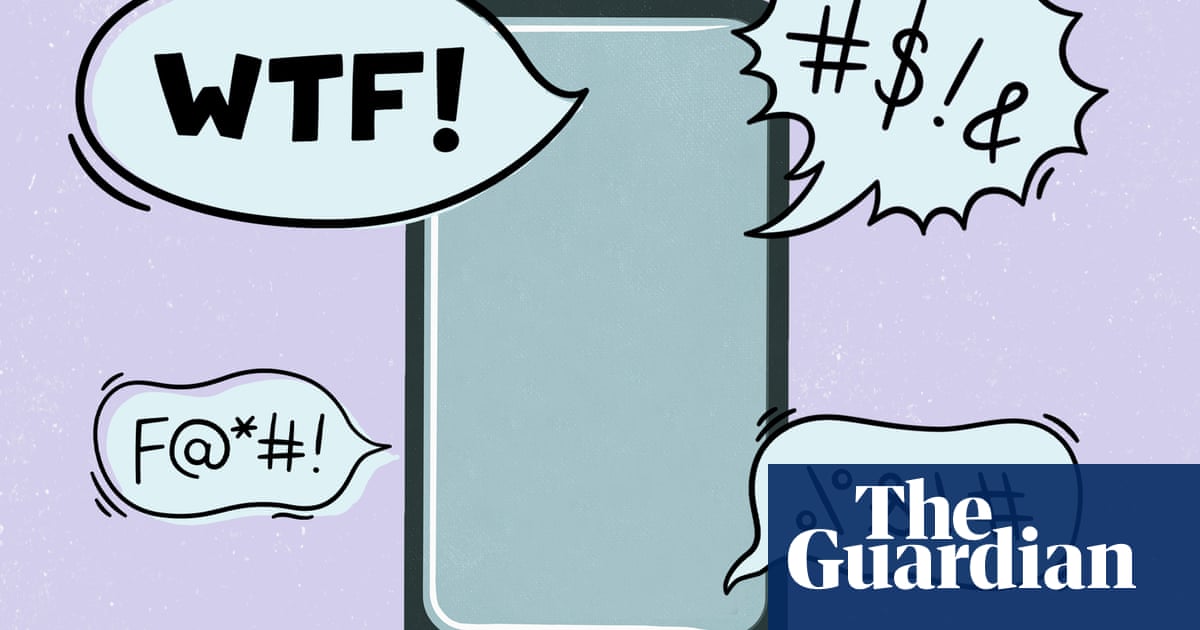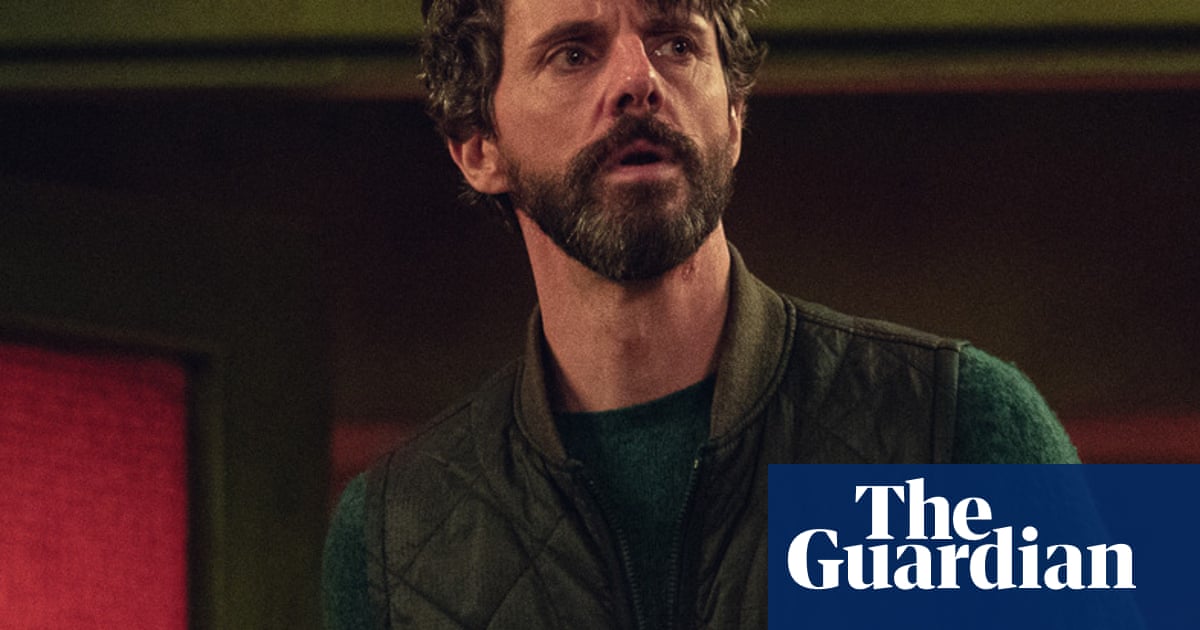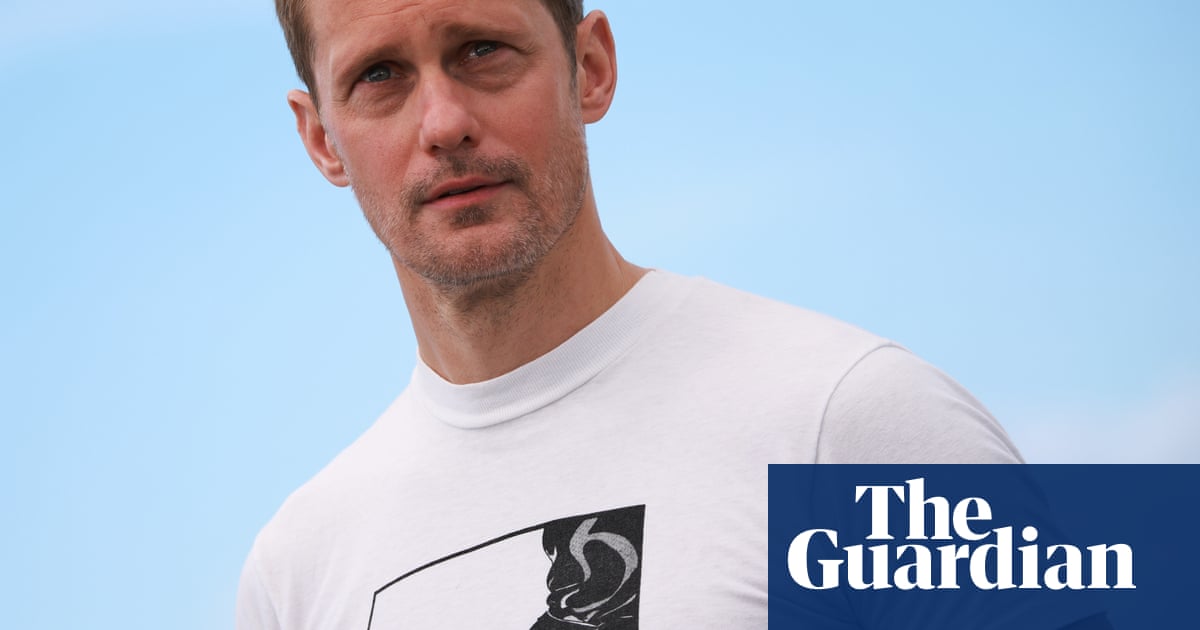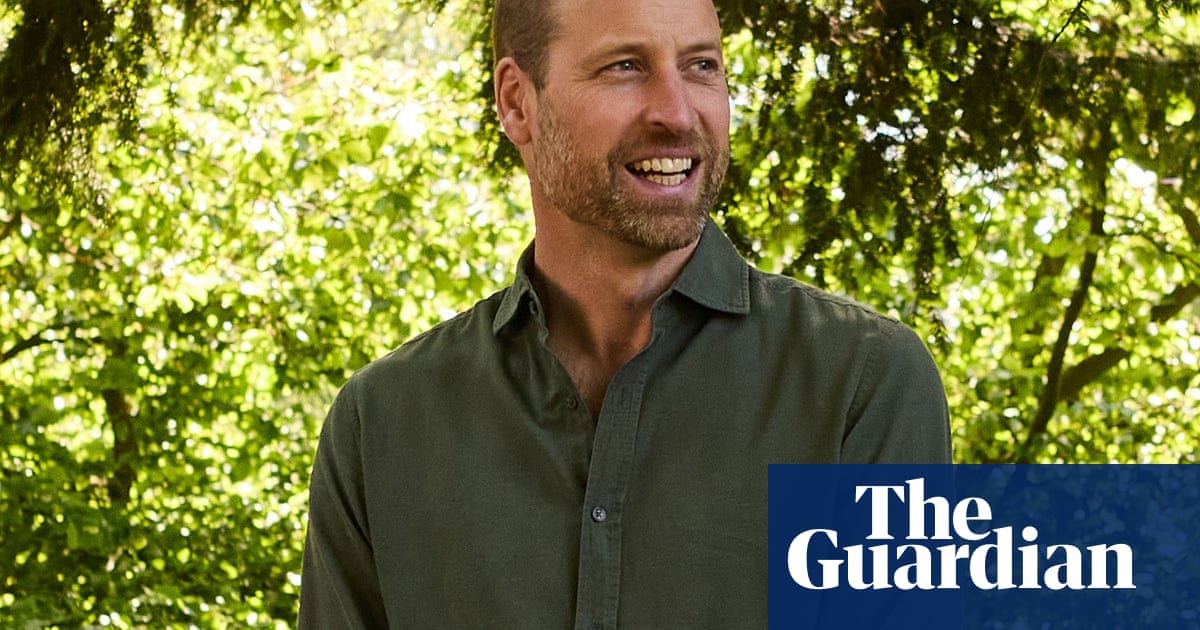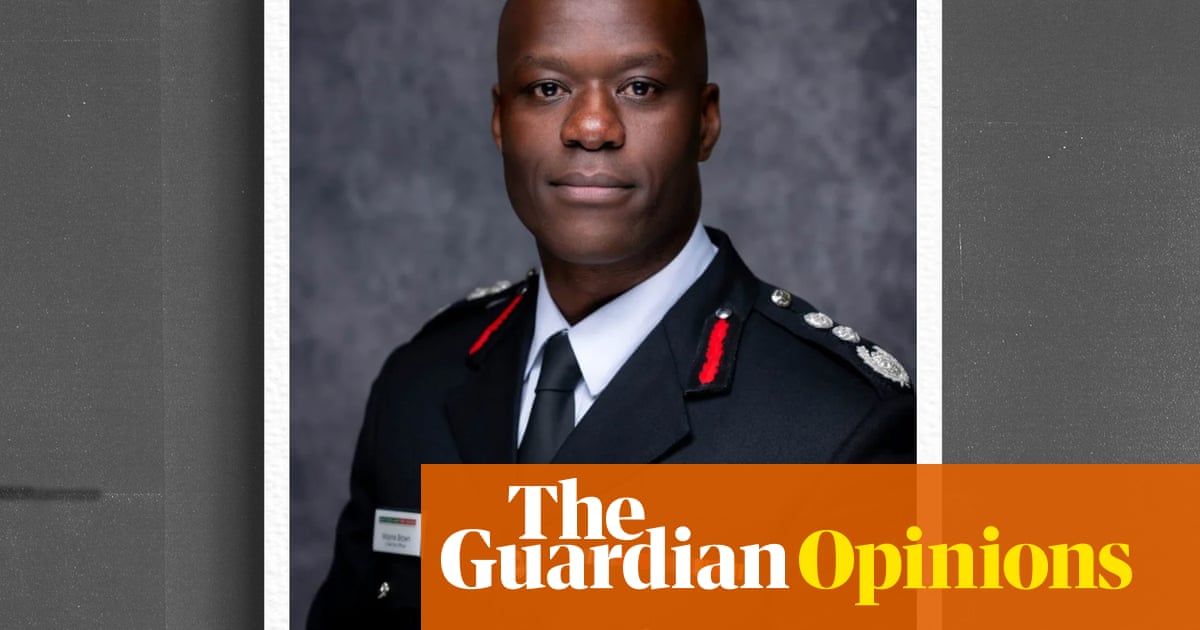The question I grew up as the scapegoat in a toxic family where my mother played her children off against each other. I went no-contact with her a few years ago and keep my interactions with my siblings to a minimum.
I am now the divorced mother of four young adults, all living away from home. I have a male relative who, with his partner, has become close to two of my children. Initially I welcomed this, but it has increasingly come at some cost to me. The relative has been expressing astonishment that a person who is such a mess (me, apparently) could have brought up such wonderful children. By doing that, they are trying to cause a rift between myself and the children. They have also become very friendly with my ex-husband, despite the latter never being interested in cultivating any sort of relationship with them until I ended the marriage.
I called out my relative’s behaviour and his response was to tell me how hurt his feelings were, how angry it made him and how much he has defended me over the years. Now he has sought to turn my kids against me by telling them I have twisted the facts. The ripples from going no-contact with my mother seem to reach out into the wider family. Is it inevitable that to safeguard myself I am doomed always to occupy the pariah position?
Philippa’s answer The experiences you describe, growing up feeling scapegoated, enduring a chaotic relational atmosphere, then taking steps to protect yourself, show you to be someone invested in creating a safer, healthier environment for herself. There is, however, an important question embedded in your letter that you may not have consciously voiced: what might it mean if, in some way, you are contributing to the patterns you wish to escape?
This is not to suggest blame, but rather to explore whether the roles you feel have been imposed upon you could, at times, subtly shape your own behaviours and interpretations of events. In other words, when we have lived as “scapegoats”, we may internalise that position to such an extent that even neutral or ambiguous interactions feel like confirmation of it.
The hurtful comment you mention from your relative, about being “a mess”, is understandably distressing and seems to lack sensitivity. It makes sense that you might feel undermined and excluded when this individual appears to be deepening ties with your children and ex-husband. Yet, the relative’s defensive response raises the possibility that he, too, feels misunderstood and mischaracterised. Could it be that this dynamic is less about calculated malice and more about a tangled web of projections, grievances and unmet needs on both sides?
Your relative’s closeness to your children and ex-husband may feel like a threat to your central role in your family, but could there also be value in considering how this relationship might benefit your children? Might there be a way to see their connection as a source of enrichment for them rather than a diminishment of your place in their lives? This doesn’t mean tolerating unkindness, but it might open space for a softer, different interpretation of the motivations involved. Is there room for a more exploratory – rather than confrontational – dialogue? Rather than calling each other out, would it not be better to explore intentions, motivations and feelings? Aim not to win or lose an argument but search for a deeper understanding of each other.
I wonder if the broader themes of this family story are replaying in subtle ways: the sense of being cast out, pitted against others, or misrepresented. These dynamics may be familiar but not inevitable. What would it look like to reframe this narrative, to experiment with stepping outside the role of “pariah”, not by cutting off contact but by exploring whether your position within the family could evolve?
These are not easy questions, nor do they come with guarantees. Yet they may offer an alternative to the stark choice of enduring hurtful patterns or severing ties altogether. Healing from relational trauma often involves re-examining the ways we relate to others, including our interpretations of others’ behaviour and our reactions. It is a tender process, but it might allow for the possibility of connection without self-sacrifice.
Often the cutting of ties does not release us from the dynamics but simply reshapes how they manifest. Sometimes, when relationships are severed without a deeper resolution, the underlying energy persists and finds new ways to emerge, such as in your difficulties. It is not uncommon for unresolved tensions with one part of the family system to resurface in another.
If you wanted to try therapy to help you resolve these issues, I would recommend a family systems therapist or a constellations therapist.
The Book You Want Everyone You Love To Read (and Maybe a Few That You Don’t) by Philippa Perry is published by Cornerstone. Buy it for £9.89 at guardianbookshop.com
Every week Philippa Perry addresses a personal problem sent in by a reader. If you would like advice from Philippa, please send your problem to [email protected]. Submissions are subject to our terms and conditions

.png) 3 months ago
40
3 months ago
40

